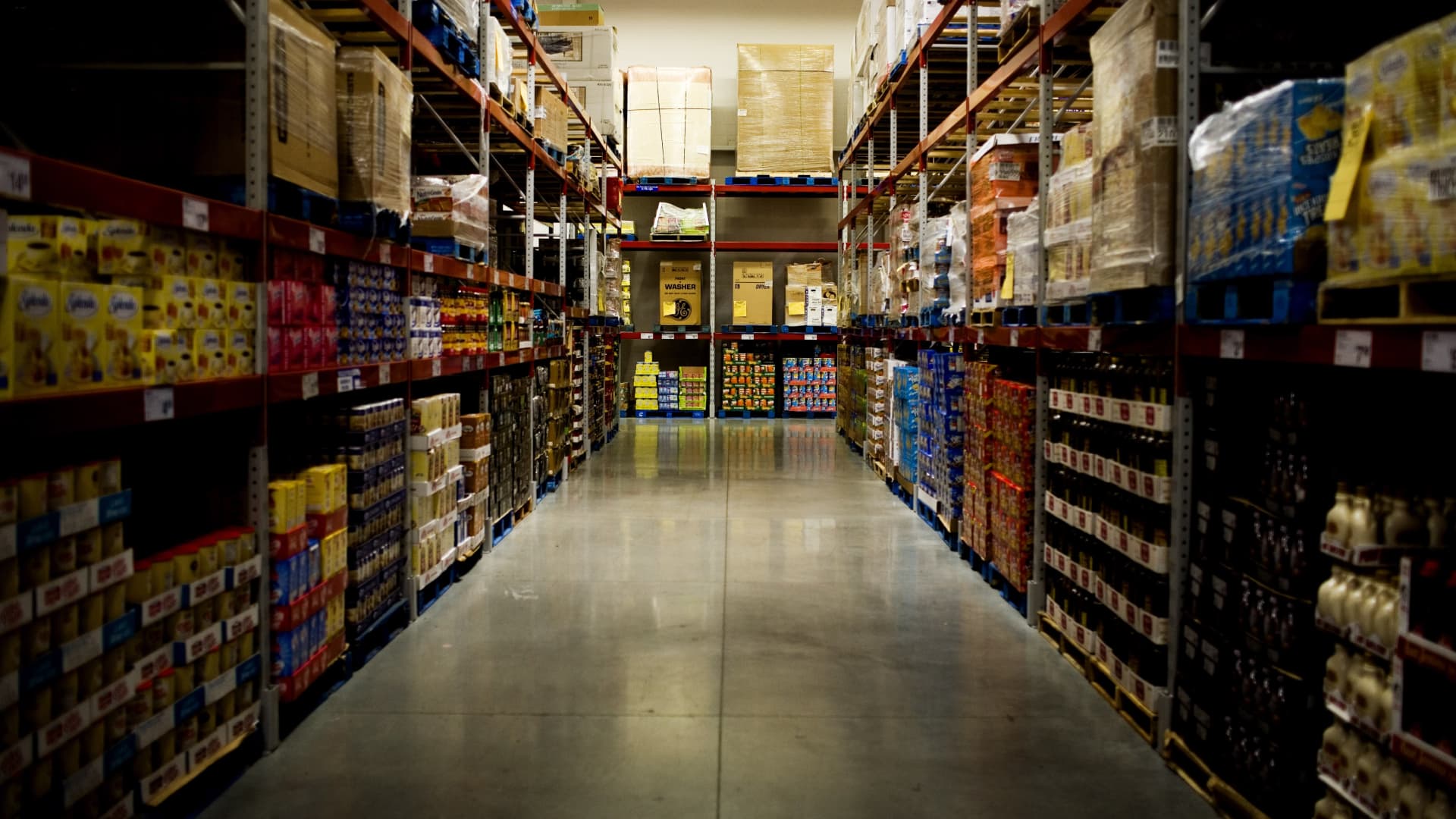March 27, 2023
-

-
This is a type of cyber crime I’ve never even considered. Thieves steal truckloads of stuff by impersonating trucking companies and showing up to collect the goods. Then they drive off with it.
While physical theft remains the primary form of cargo crime, thieves are targeting their victims through cyber scams and identity theft, creating fictitious pickups, also referred to as “strategic theft.”
Thieves pretend to be a legitimate trucking company, operating on load boards (online freight management systems) or call freight brokers and shippers directly to solicit the ability to move loads.
“A lot of times, they will get away with it,” Cornell said. Coming into 2023, there was a 600% annual increase in this type of theft, CargoNet reported, and that trend has continued through January and February.
As the logistics industry moves more data to electronic systems, thieves will have more opportunities to steal cargo if freight owners and logistics providers are not careful.
“The more that’s done remotely gives them the ability to stay arm’s length away and pretend to be somebody else,” Cornell said. “There’s really no difficulty for them to assume the name of a trucking company.”
Freight thieves can monitor when loads are moved, and often conduct surveillance around distribution centers, watching the movement of trucking companies that go in and out.
“And then they basically just pretend to be that company on paper, or over the internet. They submit the paperwork to get a load assigned to them and if they are not caught, they pick up that load and disappear,” Cornell said.

Cargo theft, led by food and beverage, is surging across the U.S.
Food and beverage cargo coming into ports and warehouses is being stolen at an alarming rate with criminal activity spreading to inland cities.
-
-


-
It’s a mistake to see ideology as just a purely cynical cover when the whole purpose of an ideology is to smooth over contradictions and justify/cover up self-interest

















Add a comment: